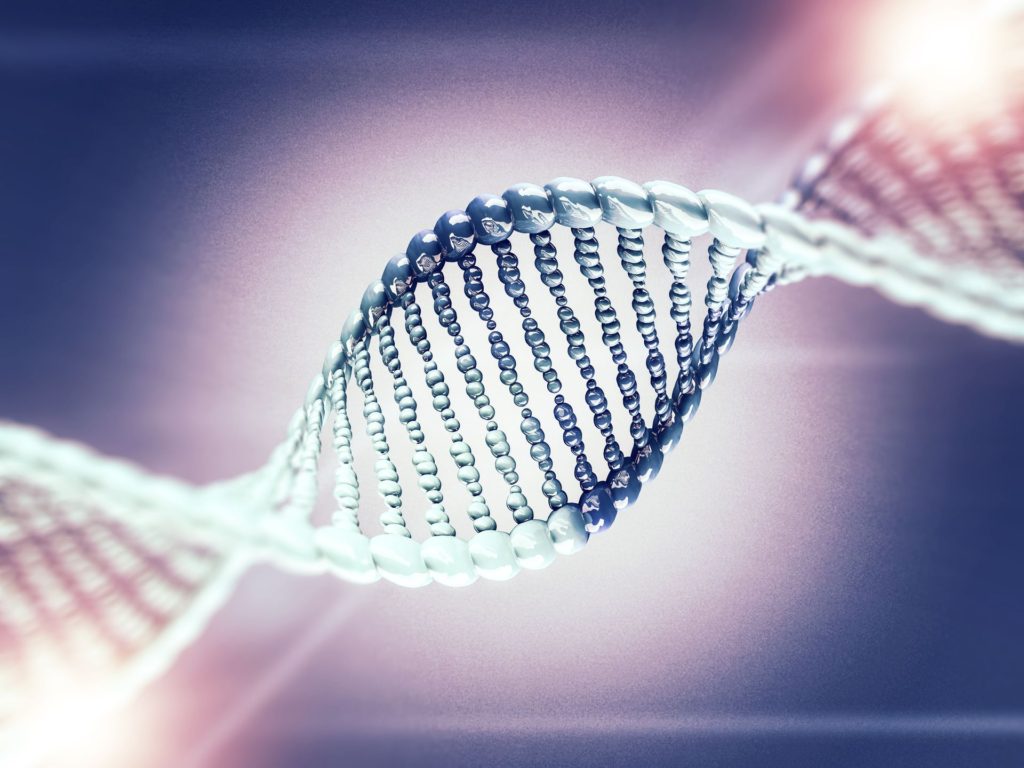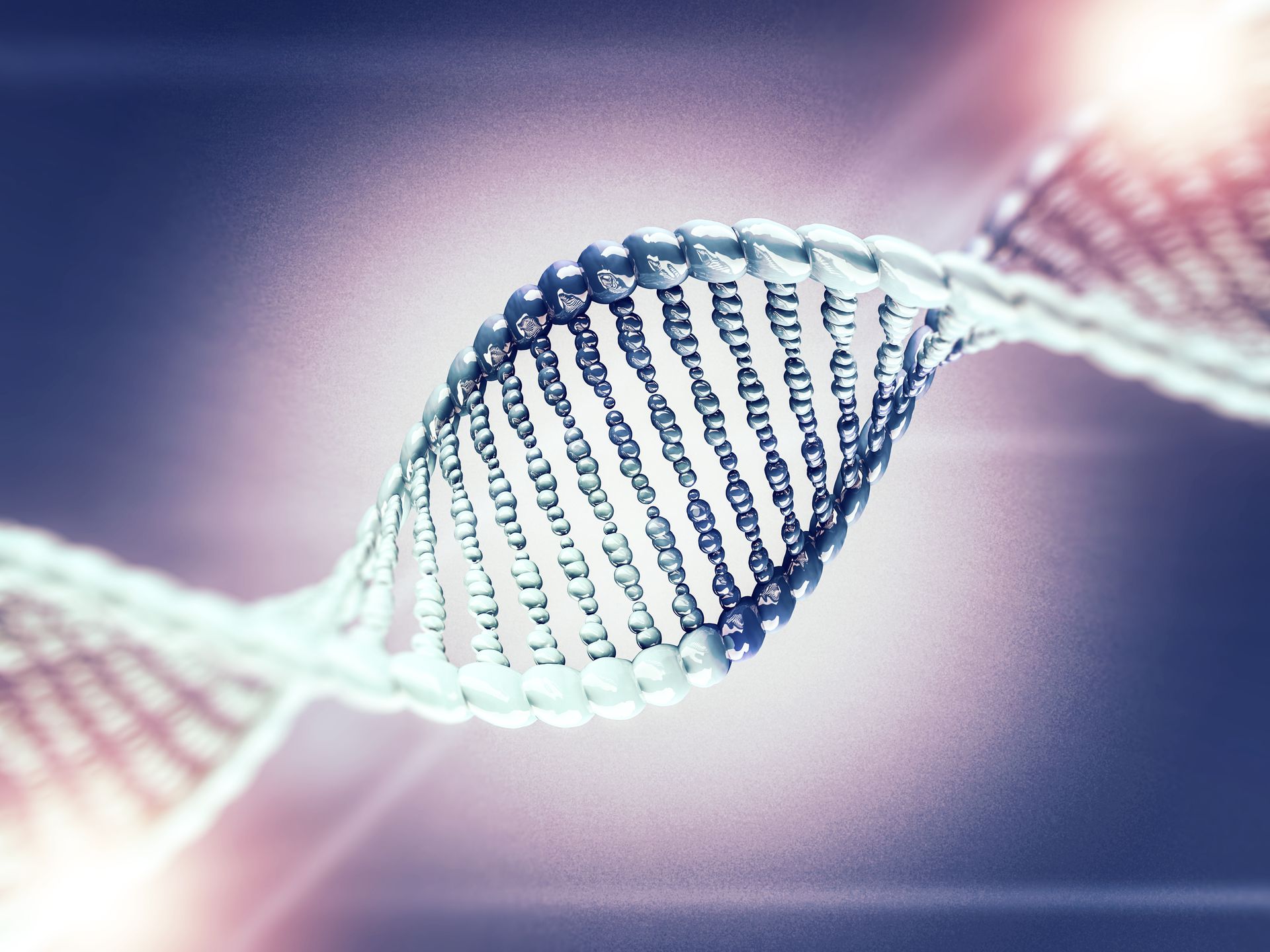Is Drug Addiction Hereditary or a Disease?

It’s no secret that for some, developing an addiction is a higher risk than it is for others. Some people can drink or use drugs casually and never build a dependency, while others quickly form a habit after as little a single-use.
Many times, those who fall victim to addiction have immediate family members who also suffer from some form of substance abuse. Which leads to many asking the question: Is drug addiction hereditary or a disease?
 Is Drug Addiction Hereditary?
Is Drug Addiction Hereditary?
Genes determine all physical traits such as height, body type, and hair and eye color. Likewise, illnesses such as heart disease, cystic fibrosis, sickle cell anemia, and other conditions are likely to be genetically passed on. What about addiction?
Genetic Predisposition to an Addictive Personality
Studies show strong evidence supporting the fact that addiction is hereditary, but an “addictive gene” has yet to be identified. Research also suggests that children of parents suffering from addiction are more likely to develop a habit themselves.
Living with a parent who is dealing with substance abuse does not mean that the children are predetermined to develop an addiction but are simply more likely to.
Some personality traits passed from parent to child. Some of which can increase the likelihood of addiction. While our environment shapes some traits, genes do impact an individual’s temperament.
Temperament has a lot to do with shaping what is called an “addictive personality.” Individuals who are known to take risks, seek new and exciting experiences, and have impulsive tendencies are much more likely to fall victim to an addiction.
Addiction isn’t the Only Influence
It is important to note that people who inherit these traits may not have parents who suffer from addiction.
Instead, they can develop an addiction when surrounded by influences outside of their immediate family, which ultimately proves that an individual’s environment is a critical factor in the likelihood of developing this disease.
Environmental Factors
Children of a parent suffering from alcohol addiction or substance abuse will inevitably face exposer to their disease. Their exposure and how the situation is dealt with will shape their views on the matter. Without healthy role models or family members, guiding them to understand the risks and dangers of addiction, they are far more likely to follow in the footsteps of an addicted family member.
Are Children of Parents who use Drugs More Likely to use Drugs?
Temperament traits have a lot to do with addiction. As a child learns from an addicted parent, they can develop a sense of “normalcy” associated with drug use and addiction. By ignoring the risks or gravity of this illness, any individual can develop a habit. While it’s not guaranteed, the truth is that the children of parents living with addiction are likely to develop an addiction as well.
Family Matters
Addiction impacts the entire family. It doesn’t matter if it’s a parent or child; those closest to them will suffer in some way.
When dealing with addiction, family roles are critical. Each family member needs to identify where they may stand in the family and work to impact the situation positively. By taking a healthy approach to addiction recovery, it is highly less likely for other family members to develop this disease.
Addiction is a Disease
Whether or not addiction is hereditary has nothing to do with recovery. While it may help identify what led an individual to addiction, it does not define the treatment. Regardless of a habit’s origins, an addiction IS a disease we should treat it as one.
According to the national institute on drug abuse, addiction is a brain disease. With any mental illness, help from dedicated treatment centers and a healthy support system are crucial to recovery. Family members, or those who are close to someone suffering from addiction, need to do their part to help. One doing their part means having a positive impact on both the addict and those who surround them.
Concluding Thoughts: A Healthy Environment is Key
Genetic factors may play a role in addiction but are not the sole cause of this disease. Though it isn’t contagious in means of physical contact, in a weak environment, addiction can spread like wildfire. Habits can be spread not only from parent to child but to anyone who ignores the associated dangers.
It is critical that an addicted family lives in a healthy environment and work as a single unit to treat the disease properly. Active efforts to pinpoint and put an end to addictive behaviors are vital.
DayBreak is NOT just another drug rehab center – it is a treatment solution founded on the core principles of change. Relapse no longer needs to be a part of your story, call us when you are ready for a life rediscovered…844-447-3239
